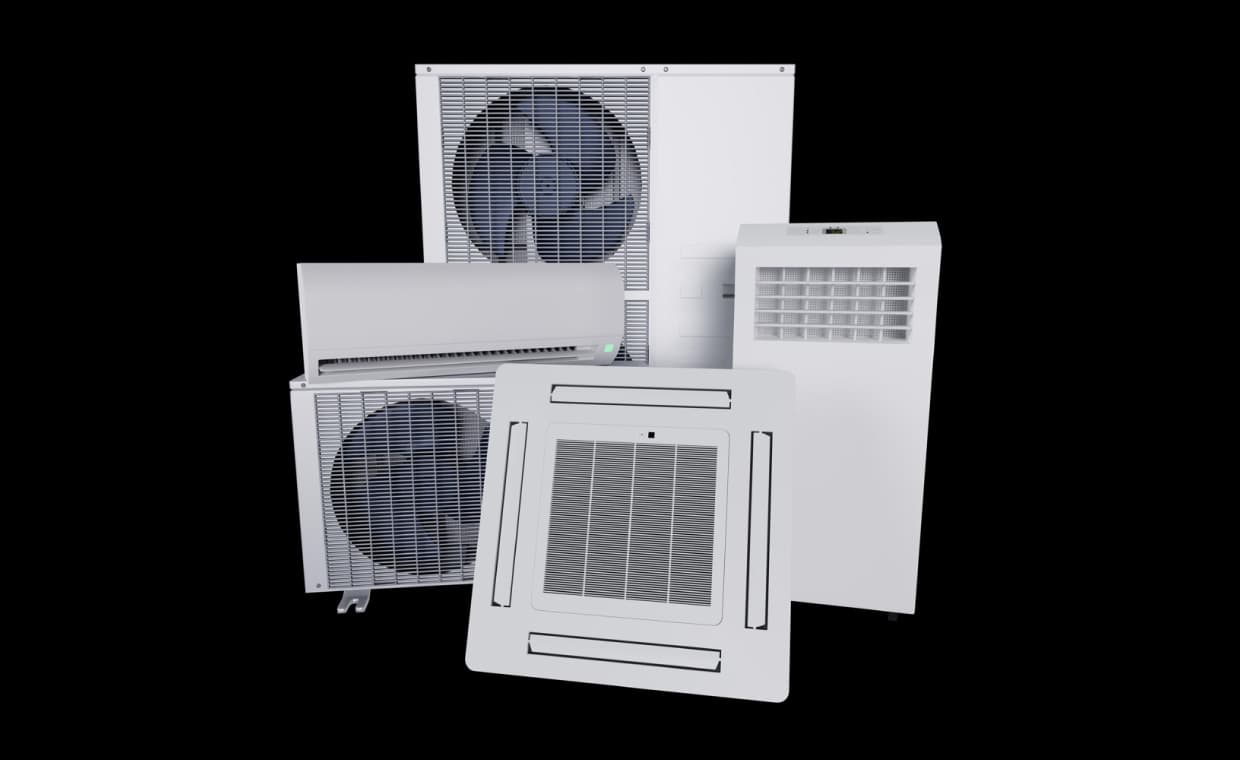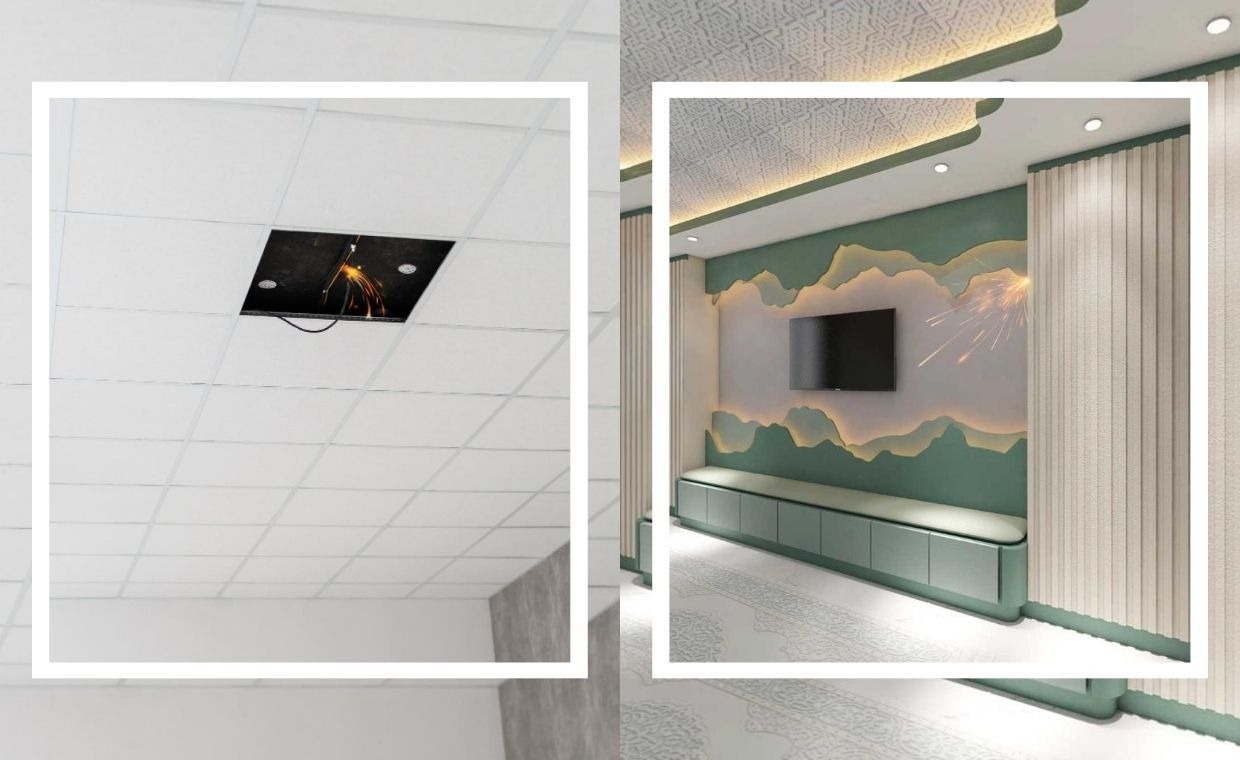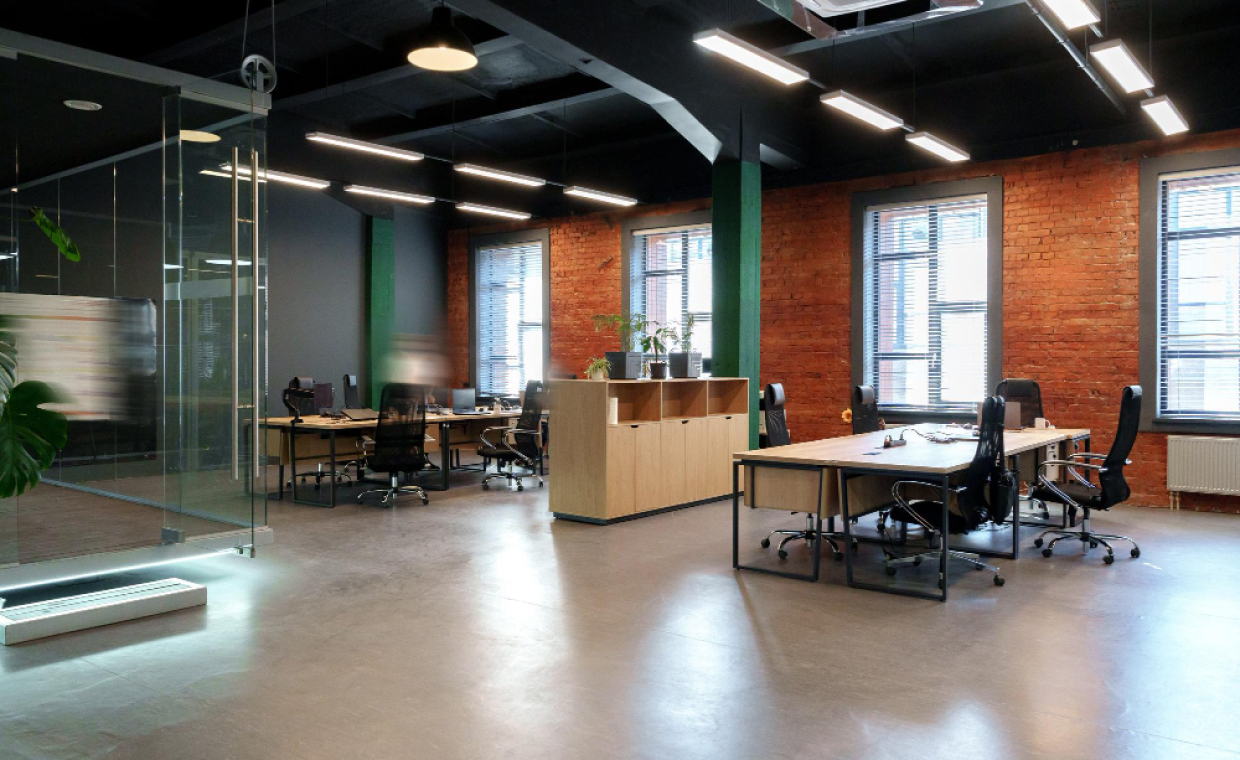
Table of Contents
Quick Summary
- Breaks down the different types of air conditioners available for homes, including window, split, central, inverter, and portable AC units.
- Explains how each system works and where it is best suited (single rooms, apartments, or large homes).
- Highlights the pros and cons of every AC type, covering cost, installation, efficiency, noise, and maintenance.
- Compares energy consumption and long-term savings, especially for inverter and central systems.
- Guides homeowners on key selection factors like budget, cooling capacity, space requirements, and maintenance needs.
- Helps readers make an informed decision when choosing the best air conditioner for their house.
When the weather outside starts to rise, it can quickly become uncomfortable. Staying cool in the summer is much easier with a properly functioning air conditioning system. But that requires the right air conditioning system for your home.
If you want to buy an air conditioner but are unsure where to begin, this guide will help because it reviews the different types of AC units and highlights the essential features of each. Window air conditioners, split-type air conditioners, inverter air conditioners, portable air conditioners, and central air conditioning systems are the most prevalent types of air conditioning systems.
The choice of air conditioner suitable for your home depends on a few factors, i.e., how large the targeted area is, the total heat generated inside the house, budget, etc. An HVAC designer would consider all the related parameters and suggest the most suitable system for your home. Gharpedia guides you through the different types of air conditioners available on the market so that you can make an informed selection regarding your next air conditioning system.
Different Types of Air Conditioners for Your Home
Here we give you different types of air conditioning systems, along with their pros and cons, which will help you make the right choice for your home:
1. Window Air Conditioner

A window air conditioner is the best choice for single rooms. It consists of the following components: compressor, condenser, expansion valve or coil, evaporator, and cooling coil, which you will find enclosed in a single box. This unit is fitted in a slot made in the wall, or more commonly, on a window sill.
Window air conditioners cool a space by blowing heated air out from the rear and circulating cool air into the room. These types of AC units are ideal for small houses. It cannot cool a larger home efficiently. Hence, it is also referred to as one-room air conditioning.
Most window air conditioners operate in cycles, first turning on to cool or heat the room and then turning off after reaching the target temperature. They restart when the room begins to heat up or cool down. They aren’t particularly energy-efficient.
Window air conditioners fit into a room’s window, so installation typically requires no significant home modifications. Window air conditioners are inexpensive to purchase initially. If you want to chill numerous rooms, consider a split or ducted system because they are more efficient.
Pros:
- Less expensive.
- Simple installation and maintenance
- Do not take up your floor space.
- Installation does not require ductwork.
Cons:
- Noisy and noticeable from outside the property.
- They block the view from a window and must be close to an appropriate power outlet.
- Not all windows can host air conditioners; certain window air conditioners are incompatible with casement or irregularly shaped windows.
- They consume more energy as compared to other types of air conditioning system
2. Split Air Conditioner

Split-type air conditioners derive their name from the fact that they divide the components of a window air conditioner into two separate units, one indoor unit and one outdoor unit. A copper tubing links these two units, replacing the costly ductwork used in central air systems. This copper tubing is flexible, allowing homeowners to create a split system without considerable construction. The split-type AC contains the following components:
- Outdoor Unit: The outdoor unit outside the room consists of three parts: a compressor, a condenser, and an expansion valve.
- Indoor Unit: The indoor unit comprises the evaporator, or cooling coil, and the cooling fan. You must make arrangements on the wall to take water out of the indoor unit.
This type of air conditioner does not require ductwork. Hence, they are also called ductless mini-split systems. If you want to chill individual rooms in your home, this system could be perfect for you. The split system will necessitate minor structural changes to your home, such as plumbing openings.
Indoor units are typically located high on your walls, so it is crucial to consider them while arranging your space’s décor.
Pros:
- Unlike a window AC, a split AC does not require a window and can cool a wider area than a window AC.
- It does not require ductwork; therefore, there is no need to open the walls to accommodate a duct.
- As its condenser unit is outside, split AC is less noisy on the inside.
- It is a standalone application, which means there is no need to connect it to existing ductwork.
- Despite their initial cost, they are typically more efficient than window or portable units, making them more cost-effective in the long run.
Cons:
- Purchasing and installation involves high upfront costs
- The outdoor unit is aesthetically unpleasant.
- Ductless mini-split AC is unable to cool more than two rooms.
We have a detailed article on split AC vs window AC:
Window AC vs Split AC: Make a Right Choice!!!
3. Central Air Conditioning

This type of air conditioner is ideal for you if you have a large home and want to cool numerous rooms at once. The system has two main components. The condensing unit houses both the condenser and the compressor. The evaporative unit includes the evaporator coils and the air handler. Central air conditioning, like any other air conditioner, uses refrigerant to remove heat from the interior and transfer it outside. The ducts introduce cool air inside.
The condensing unit is a big, boxy outdoor device that houses the compressor, condensing coils, and condensing fan. The furnace houses the evaporative unit. This means, your air conditioner and heating system share the same ductwork and blower fan. The evaporative unit consists of the evaporator coil and the expansion valve. A tube leading to a floor drain evacuates the condensed moisture on the evaporator coils.
Make sure that the capacity of the system matches the size of your home when installing a new central system. A system that is too large will not work properly or adequately dehumidify the indoor air. If it’s too small, it won’t cool well. Its installation requires highly skilled professionals.
Pros:
- Offers energy-efficient and cost-effective cooling solutions for large homes.
- Relatively less noisy as compared to other types of air conditioning systems.
- Easy to control using a home thermostat.
Cons:
- The system has a very high initial cost as compared to other types of air conditioning systems.
- You will require a professional contractor to purchase and install the central air conditioning system.
- The installation of a central air conditioning system necessitates extensive planning and preparation.
- A central air conditioning system requires the services of a professional for maintenance.
- Poor ductwork can cause the loss of conditioned air.
- It uses a lot of energy, which results in increased energy bills.
- The outdoor unit operation is noisy.
4. Inverter Air Conditioner

An inverter air conditioner is a type of air conditioning device that is efficient, quiet, and simple to use. An inverter is an energy-saving technology that efficiently controls motor speed in air conditioners, reducing superfluous activity. Inverter air conditioners regulate room temperature by changing the speed at which their motors operate instead of turning on and off.
The compressor is the primary distinction between an inverter air conditioner and a typical split air conditioning unit. When you use a standard split air conditioner, the compressor will turn off on a regular basis. An inverter air conditioner, on the other hand, does not turn off its compressor. It operates at a predetermined speed and has an adjustable speed function.
Pros:
- The inverter technology reduces energy consumption by approximately 35%.
- The compressor operation is quiet as compared to typical split AC.
- It cools the room faster and more efficiently.
- The inverter ACs do not overload, making them safe for the rest of the household wiring.
Cons:
- Expensive as compared to non-inverter AC.
Read our detailed article to understand more about the workings of an inverter AC.
Inverter AC System: Know its Pros & Cons!
5. Portable Air Conditioner

A portable air conditioner is a freestanding cooling system that sits indoors and provides conditioned air to a specific space or room. Portable air conditioners are the next generation of window units. This type of air conditioning equipment draws air from the room, cools it, and then returns it to the room. The machine then vents any heated air outside via an exhaust hose mounted in a window. A portable air conditioner is placed on the floor and can be easily moved from room to room. They are more portable than other units, although they do require installation with a window kit.
Portable air conditioners, like window air conditioners, cool a single room. They’re simple to install, multifunctional, and reasonably priced. Portable air conditioners usually have moderate initial expenses. However, in the long run, they will prove expensive in terms of electricity consumption when compared to alternative options.
Pros:
- They have a moderate initial cost as compared to other types of air conditioners.
- Setup does not require a contractor or ducting.
- It can be transported to another room or residence in the future.
Cons:
- Most units can cool only one room.
- The portable AC takes up floor space in your home.
- It becomes a hassle to keep it in a room when not in use.
- They consume more electricity.
How to Choose the Best Air Conditioner for Your House
To make the best choice of air conditioner for your house, follow the below guidelines:
- Price: When comparing your options, you’re most likely to start with the cost of a new air conditioning system. Be aware that some air conditioner types come with a greater initial cost, such as central air conditioning, but it should save you money in the long run.
- Efficiency: When it comes to buying AC, energy efficiency should be one of your top considerations. Buy a more efficient air conditioner to save money and energy in the future.
- Capacity: Determine which air conditioner will best suit your space. If you need a whole-house solution, think about installing a central air conditioner. Ductless mini-split systems work well for single-room applications.
- Space Requirement: Always purchase an air conditioner that is appropriate for your home’s space. For example, if you want to chill your apartment, consider using portable units. Mini-split and window units are also effective apartment air conditioners, if your landlord allows installation. If you have a large house, then a central AC system is the best solution for you.
- Maintenance: After installation, your AC equipment may require maintenance to keep it functioning correctly. Conduct research to identify what normal actions you should perform to help your AC system operate more efficiently.
PS: We have a detailed guide on how to maintain your AC with these simple tips:
Stay Cool This Summer With 5 Must-Know AC Maintenance Tips
Conclusion
To summarise, understanding the different types of air conditioners is critical when choosing the best cooling solution for your home. Each style has pros and cons that vary according to budget, space, energy efficiency, and personal preferences. With the information provided above, you’ll be able to choose the best air conditioner for your home.
Frequently Asked Questions (FAQs) on Air Conditioner Types
1. What are the Different Types of Air Conditioners?
The popular types of air conditioners are:
- Window Air Conditioner
- Split Air Conditioner
- Inverter Air Conditioner
- Portable Air Conditioner
- Central Air Conditioner
2. Which is the Best Type of Air Conditioner?
Because central air conditioner is so efficient, it is the best type of air conditioner. There are, however, many other factors to take in to account depending on your home’s size, your budget, and other factors, to determine the best air conditioner for your house.
3. Who Installs Air Conditioners?
Don’t worry if you think installing an air conditioner will be difficult; there are experts that can accomplish it. Your air conditioner will be installed for free by the professionals from the company you brought it from. Simply give them a ring and take a seat back. They may also assist in identifying the ideal AC type and size for your requirements.
4. Which is the Best Type of Air Conditioner?
Whole-house cooling requirements vary, with central ACs being suitable for whole house, and inverter AC suitable for a single room. The best system depends on unique circumstances, budget, and climate, considering upfront costs, energy efficiency, maintenance, and comfort preferences.
5. How Long Does the Air Conditioner Last?
On average, air conditioners endure 10 to 20 years. In general, central air conditioners are more durable than window ones. Your air conditioner’s lifespan will vary depending on its type, how well it was installed, how much it is used, and how well it is maintained.
Having problems with your air conditioners? Don’t worry. Read our detailed article on common air conditioner problems to get rid of them:
The Ultimate Guide to Troubleshooting Common Air Conditioner Problems!
Here’s a video to sum up all the points mentioned above:
Author & Expert Review
Written By:  Nidhi Patel | Civil Engineer & Content Writer
Nidhi Patel | Civil Engineer & Content Writer
| Credentials: B.E. (Mahatma Gandhi Institute of Technical Education and Research Centre), Registered with Gujarat Technological University (GTU). Experience: Civil Engineer with 3+ years of content writing experience, currently writing blogs for Gharpedia, part of SDCPL. Expertise: Specializing in SEO-optimized blogs and long-form articles focused on home improvement, construction, interiors and architect topics. I create well-researched, reader-focused content that balances technical accuracy with clarity, making complex subjects easy to understand. Find her on: LinkedIn |
Verified By Expert: Avni Desai Environmental Engineer, SDCPL | M.E. (Environmental Engineering)
Avni Desai Environmental Engineer, SDCPL | M.E. (Environmental Engineering)
This article has been reviewed for environmental, MEP, and building services accuracy by Avni Desai, an Environmental Engineer at Sthapati Designers & Consultants Pvt. Ltd. (SDCPL). With over 8 years of experience in water supply, wastewater management, infrastructure design, and building services, she brings practical expertise in MEP services, sustainable solutions, design planning, and on-site practices. Her professional services include planning and design of water supply systems, sewage and wastewater treatment systems (STP/WTP), drainage, rainwater harvesting, and other sustainable building services. Her review ensures the content aligns with environmental standards, efficient services planning, and real-world applicability.
Find her on: LinkedIn






























